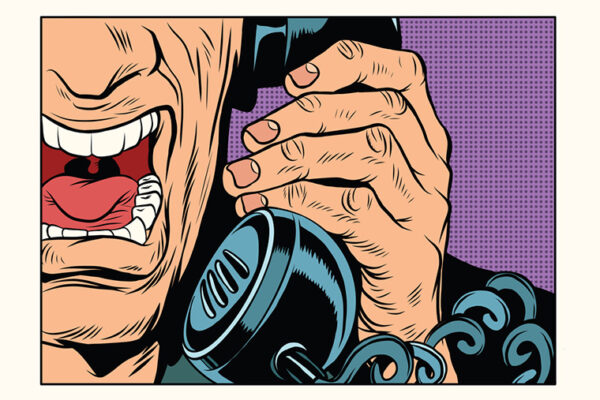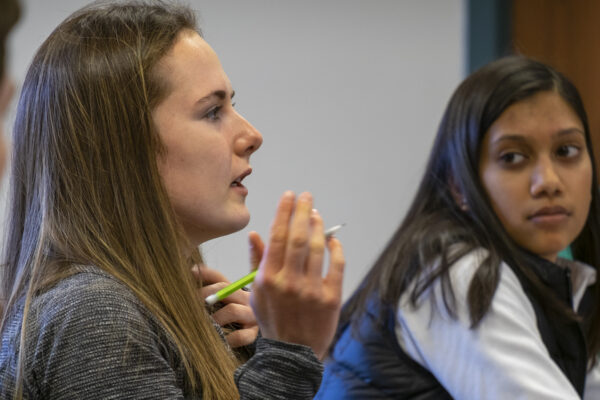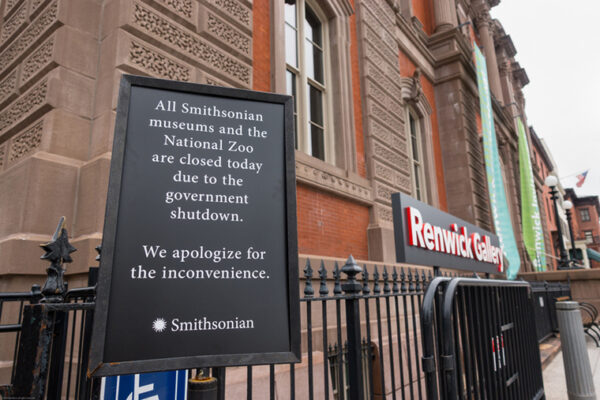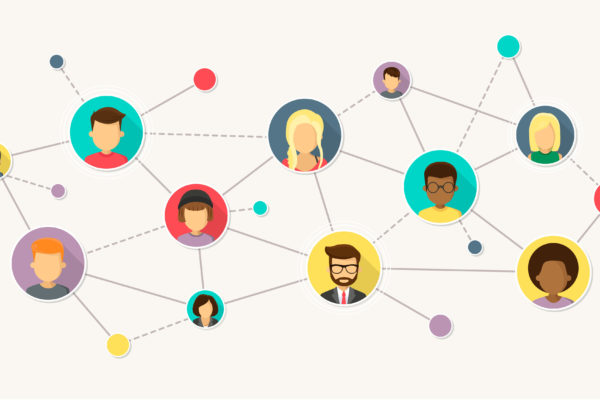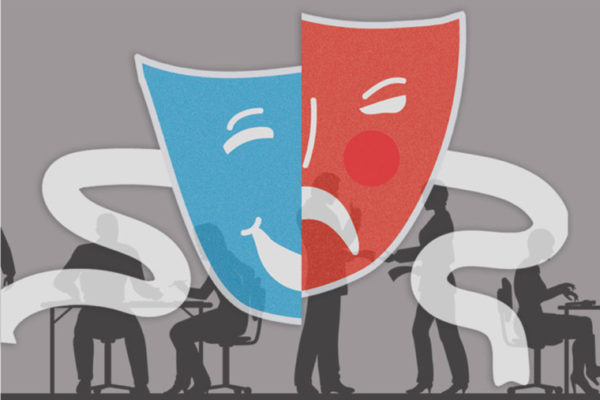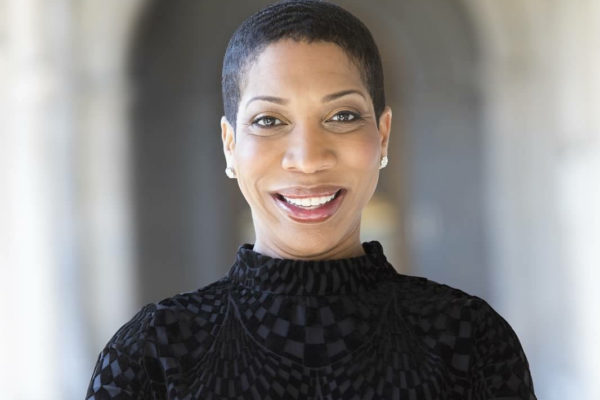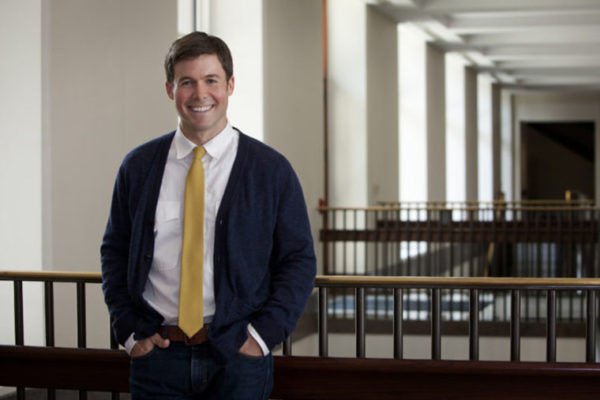It doesn’t pay to play angry when negotiating
A new paper, authored by Washington University in St. Louis faculty and alumni from Olin Business School, reports findings from five different studies of subjects in a negotiation agreement. The takeaway: inorganic anger generally leaves parties of both parts feeling guilty, distrusted and needing to make amends afterward.
Your March Madness chances, or putting a quintillion into focus
You — as part of the 10 percent of the American population who participates in this form of technically illegal gambling — have a 1-in-9.2 quintillion chance of picking the perfect March Madness bracket, says a statistical expert from Washington University in St. Louis.
Performance-based pay linked to employee mental-health problems, study shows
In the first big-data study combining objective medical and compensation records with demographics, researchers at Washington University in St. Louis and Aarhus University in Denmark discovered once a company switches to a pay-for-performance process, the number of employees using anxiety and depression medication increased by 5.7 percent over an existing base rate of 5.2 percent.
A new model for career planning
A growing number of first-year students are seeking career advice and resources early in their college careers. In response, the Career Center has launched a number of new career-readiness program specifically for first-year students. The center also collaborated with Arts & Sciences on a pilot program that combines career planning and academic advising.
Federal workers to be less efficient upon return
When 800,000 government employees eventually return to work after a shutdown that started Dec. 22, expect them to work less efficiently — or, at minimum, feel less engaged and far less respected, says an expert in government leadership and organizational strategy at Olin Business School.
Six tips: Networking for professional success
Experts across campus offer advice about how to build your professional network and connect better with colleagues
Funny side, hard edge: Your boss’ behavior matters
You might expect that a boss who cracks jokes is healthy for the workplace, while a boss who blows his stack isn’t. As it turns out, according to Olin Business School research, the opposite might be true — depending on the circumstances.
Leveraging her seat at the table
Joyce Trimuel, EMBA ’16, has always seen her career advancement as a chance to help others. Now, as the diversity and inclusion officer for CNA, she’s making its corporate culture more inclusive.
Why customer-facing companies have happier workers
It’s possible the Keebler Elves aren’t as happy at work as they seem. Or SpongeBob SquarePants’ dour fast-food colleague Squidward might be a little cheerier than he lets on. New research from Olin Business School shows that people working in customer-facing companies, such as retailers (or cartoon burger joints), tend to be happier at work, while workers for companies further removed — manufacturing, for example (or treehouse cookie factories) — tend to be less happy.
Working with emotions
Hillary Anger Elfenbein, an organizational behavior expert, studies emotions in the workplace — how easy they are to miss or misinterpret, and how they impact performance.
Older Stories
